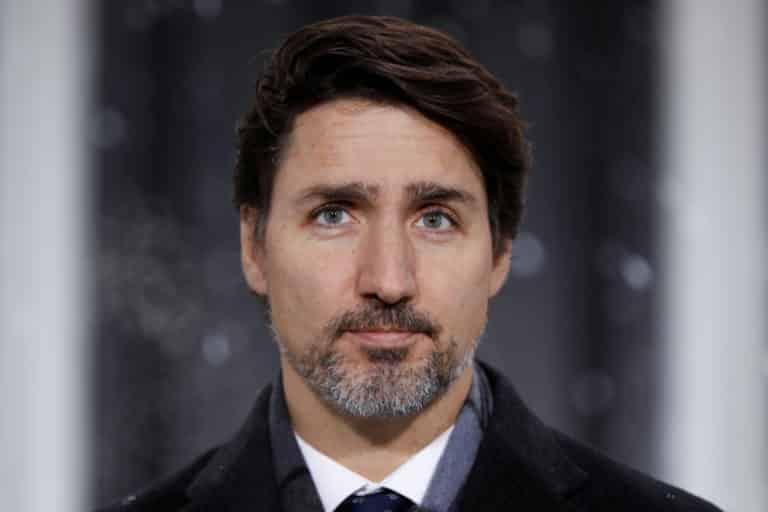Canada’s border restrictions with the United States will remain in place “for a significant amount of time” as the two countries fight the coronavirus outbreak, Prime Minister Justin Trudeau said on Thursday.
Washington and Ottawa agreed last month to clamp down on non-essential travel while allowing trade to continue across their long shared frontier.
“As we move forward, there will be special thought given to this relationship. But at the same time we know that there is a significant amount of time, still, before we can talk about loosening such restrictions,” Trudeau told a daily briefing.
U.S. President Donald Trump told reporters on Wednesday the two countries were “doing well,” and added: “It will be one of the early borders to be released.”
The two economies are highly integrated, and allowing trade to continue avoided major problems for the auto sector as well as transportation of food and medicine.
Although Trudeau’s government has enjoyed good relations with the Trump administration over the past 18 months, tensions remain. Last month, Ottawa slammed a U.S. proposal to deploy troops along the border to fight the spread of the novel coronavirus, prompting Washington to drop the plan.
A total of 1,193 people in Canada had died from the coronavirus by 7 p.m. (2300 GMT) on Thursday, data posted by the public health agency showed.
The total number of those diagnosed with the coronavirus climbed to 30,092.
Medical officials expect the death toll to be between 1,200 and 1,620 by next Tuesday, Theresa Tam, the chief public health officer, told a briefing.
She repeated comments she made on Wednesday about being cautiously optimistic the outbreak could be slowing down.
Once it ends, it could take the Canadian economy a couple of years to make up lost ground caused by shutdowns, Bank of Canada Governor Stephen Poloz said.
Ottawa has already announced more than C$110 billion ($78.3 billion) in direct spending on measures to help people and businesses deal with the economic damage.
Trudeau said Ottawa would expand loans to firms that paid between C$20,000 and C$1.5 million in total payroll in 2019, and planned to help commercial property owners cut or forgive rent to small businesses.
The West Coast province of British Columbia said it would reduce property taxes by 25% and allow municipalities greater flexibility in taking on debt.
(Reporting by David Ljunggren; dditional reporting by Kelsey Johnson in Ottawa and Moira Warburton in Toronto; Editing by Paul Simao and Peter Cooney)

























 Continue with Google
Continue with Google